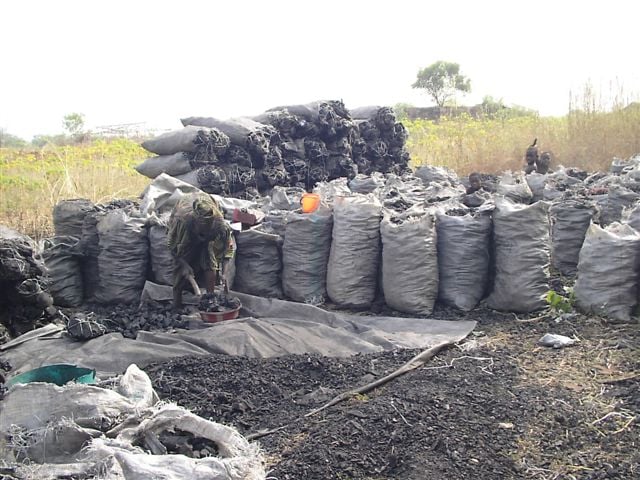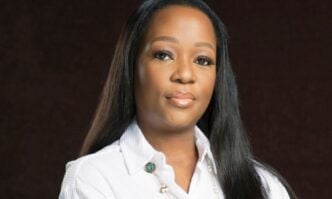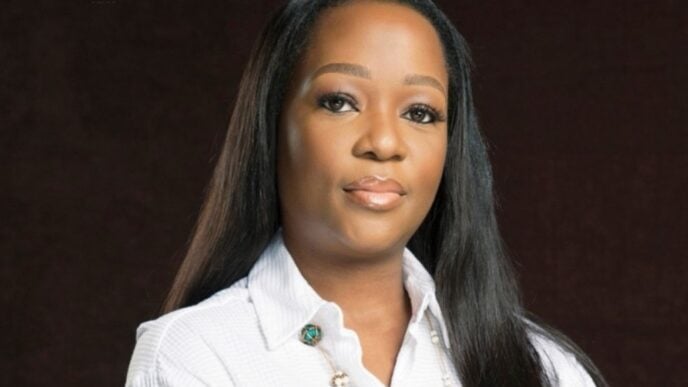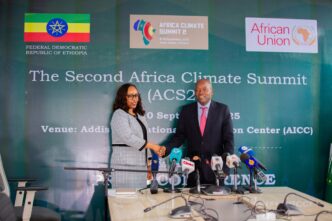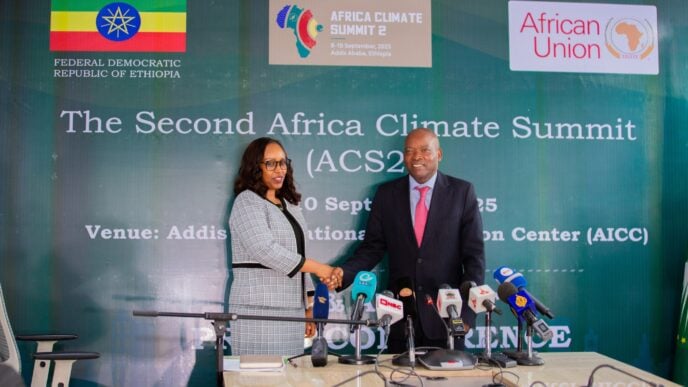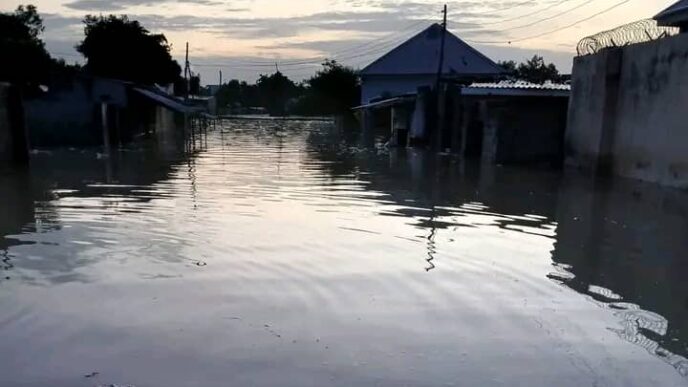Tokunbo Wahab, Lagos commissioner for environment and water resources, says the green transition is more than just a compliance mandate
Wahab spoke on Wednesday at the Lagos Green Economy Forum held at the MUSON Centre in Onikan.
Themed ‘Sustainability in SME Businesses’, the event brought together public and private sector stakeholders to discuss how SMEs can lead climate action and adopt sustainable practices in Lagos’ fast-growing economy.
Represented by Babatunde Ajayi, general manager of the Lagos State Environmental Protection Agency (LASEPA), Wahab noted that the green transition is a pathway to economic opportunities for small and medium enterprises (SMEs).
Advertisement
“Small businesses are the engine of the Lagos economy, and we have about 9,000 businesses driving commerce in the state,” Wahab said.
“We cannot fall asleep on green transition. It is not just a commitment or a regulatory requirement; it’s a cost-saving model that helps businesses thrive.”
Referencing the state’s ban on single-use plastics, the commissioner said the policy had spurred innovation and value creation in alternative materials like paper and recycled products.
Advertisement
“Plastic has been a menace all over the world. It has become a monster we can’t manage. But 10 to 15 years ago, everybody started talking about recycling and it took Lagos a while to latch onto the recycling wheel,” he said.
“Now there’s value chain in recycling and people make money from plastic. We have been able to free up our drainages from plastic waste, reduce flooding and pollution. It is also an economic opportunity.”
Wahab urged SMEs to see the shift toward sustainable business practices as an advantage rather than a constraint.
He emphasised the need for partnerships across government and corporate sectors to ensure a smooth transition.
Advertisement
On his part, Sola Obadimu, director-general of the Nigerian Association of Chambers of Commerce, Industry, Mines, and Agriculture (NACCIMA), said Lagos’ rapid population and economic growth come with pressing environmental challenges such as waste management, rising energy demands, carbon emissions, and climate-induced flooding.
“Lagos contributes over 30 percent of Nigeria’s GDP and is projected to become Africa’s largest city by 2030,” Obadimu said.
“This forum is a vital step toward reimagining Lagos as a sustainable, climate-resilient, and circular economy leader in Nigeria. It also aligns with the UN sustainable development goals.”
Speaking on how SMEs can access sustainable business support, Titilope Oguntuga, director of sustainability at IHS Towers Nigeria, said the company was already enabling green growth through flexible contracts and advance payments to small vendors.
Advertisement
“We even make payments in advance to support them. We also link them to financial instruments and educational opportunities to help them grow and meet quality standards,” she said.
Temilade Olabanji, senior manager of sustainability and shared value at MTN Nigeria, said the company’s sustainability strategy includes a net-zero carbon emissions target by 2040 and a local procurement policy.
Advertisement
“We’re transitioning our base stations and data centres to renewable energy. Also, more than 50 percent of our procurement is done locally, which empowers Nigerian businesses to be resilient and self-sufficient,” Olabanji said.
The forum was convened to build awareness around environmental sustainability for small businesses and reinforce the state’s commitment to a just and inclusive green transition.
Advertisement




